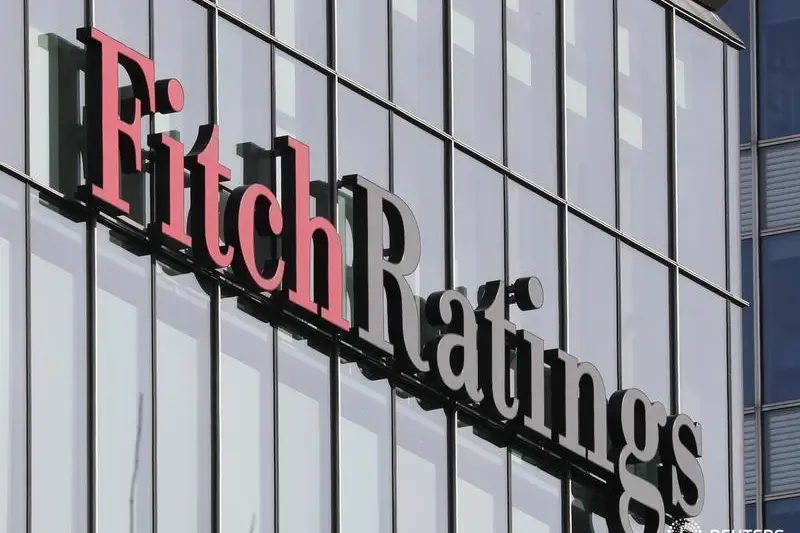PHOTO
BEIRUT - Ratings agency Fitch Monday maintained its stable outlook for Lebanon and affirmed the country’s long-term foreign-currency issuer default rating at “B-.”
“Lebanon’s ratings reflect very weak public finances, high political and security risks and anemic economic performance. The ratings also capture the country’s resilient banking system and external liquidity and other structural strengths such as high GDP per capita and human development indicators and an unblemished track record of public debt repayment,” Fitch said in its Lebanon report.
Other rating agencies have also maintained a stable outlook for Lebanon thanks to a resilient banking sector and Central Bank regulations. But these agencies still expressed deep concern about the country’s political and security risks.
“Political and security risk is high because of spillover effects from regional conflicts including the war in neighboring Syria, the delicate sectarian balance in Lebanese society and politics and other geopolitical risks, for example, of renewed conflict between Hezbollah and Israel,” the agency said.
It added that the Syrian war continues to cast a shadow over Lebanon, with the presence of millions of refugees.
Fitch commented on the impact of Prime Minister Saad Hariri’s resignation on the financial sector.
“The surprise resignation on Nov. 4 of Lebanon’s Prime Minister Saad Hariri illustrated these risks, as well as a measure of resilience. The resignation, announced from Riyadh, reflected Saudi Arabia’s assertive foreign policy and displeasure at Hariri’s handling of government since becoming prime minister again in December 2016, as well as the regional rivalry between Saudi Arabia and Iran,” the report said.
It added that the political crisis was contained after Hariri withdrew his resignation and headed Cabinet meetings.
“We do not expect a fundamental change in the balance of power in Parliament following the parliamentary election scheduled for May. However, this will be the first parliamentary election since 2009 and will be held under a new electoral law, which introduces an element of proportional representation and could generate some unexpected outcomes. Government formation after the election may be a drawn-out process,” Fitch said.
It reiterated that reducing the high public debt and implementing reforms remain among the big challenges facing the government.
“Public finances remain weaker than ‘B’ peers. General government debt is the fourth-highest among Fitch-rated sovereigns at an estimated 149.2 percent of GDP in 2017. High debt levels have contributed to an exceptionally high interest bill, equating to 48 percent of government revenues in 2016. We estimate that the 2017 budget deficit narrowed to 7.7 percent of GDP, from 9.8 percent of GDP in 2016, owing largely to one-off effects as well as some broader improvement in tax revenue and spending restraint,” Fitch explained.
It projected a slightly higher budget deficit in 2018.
“For 2018 we expect a slightly larger deficit, at 8.2 percent of GDP, as the increase in the corporate tax rate [to 17 percent from 15 percent] will only have a full-year impact in the 2019 collection and outsized taxes from bank profits will not be repeated. We expect a smaller deficit to emerge in 2019, provided the full raft of tax measures is implemented,” the report said.
Copyright © 2018, The Daily Star. All rights reserved. Provided by SyndiGate Media Inc. (Syndigate.info).





















